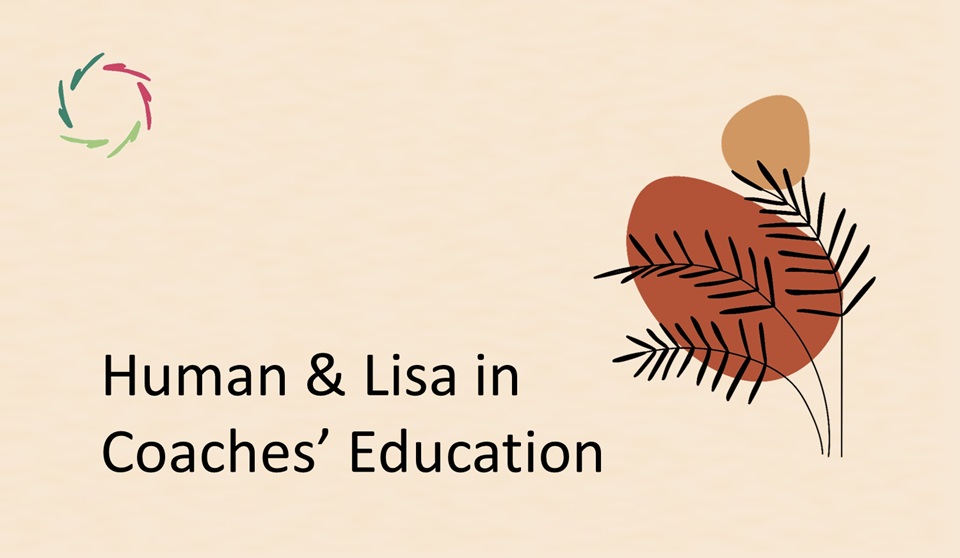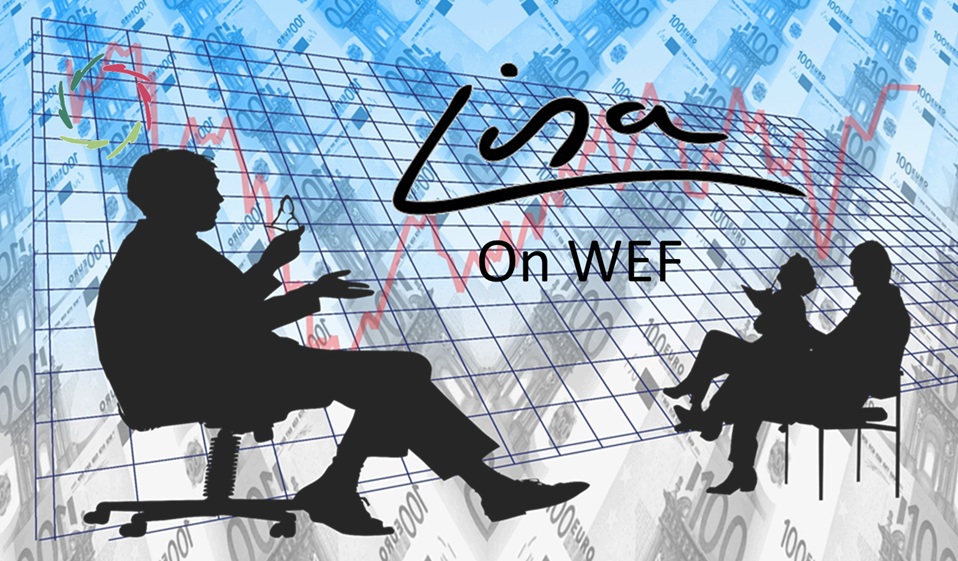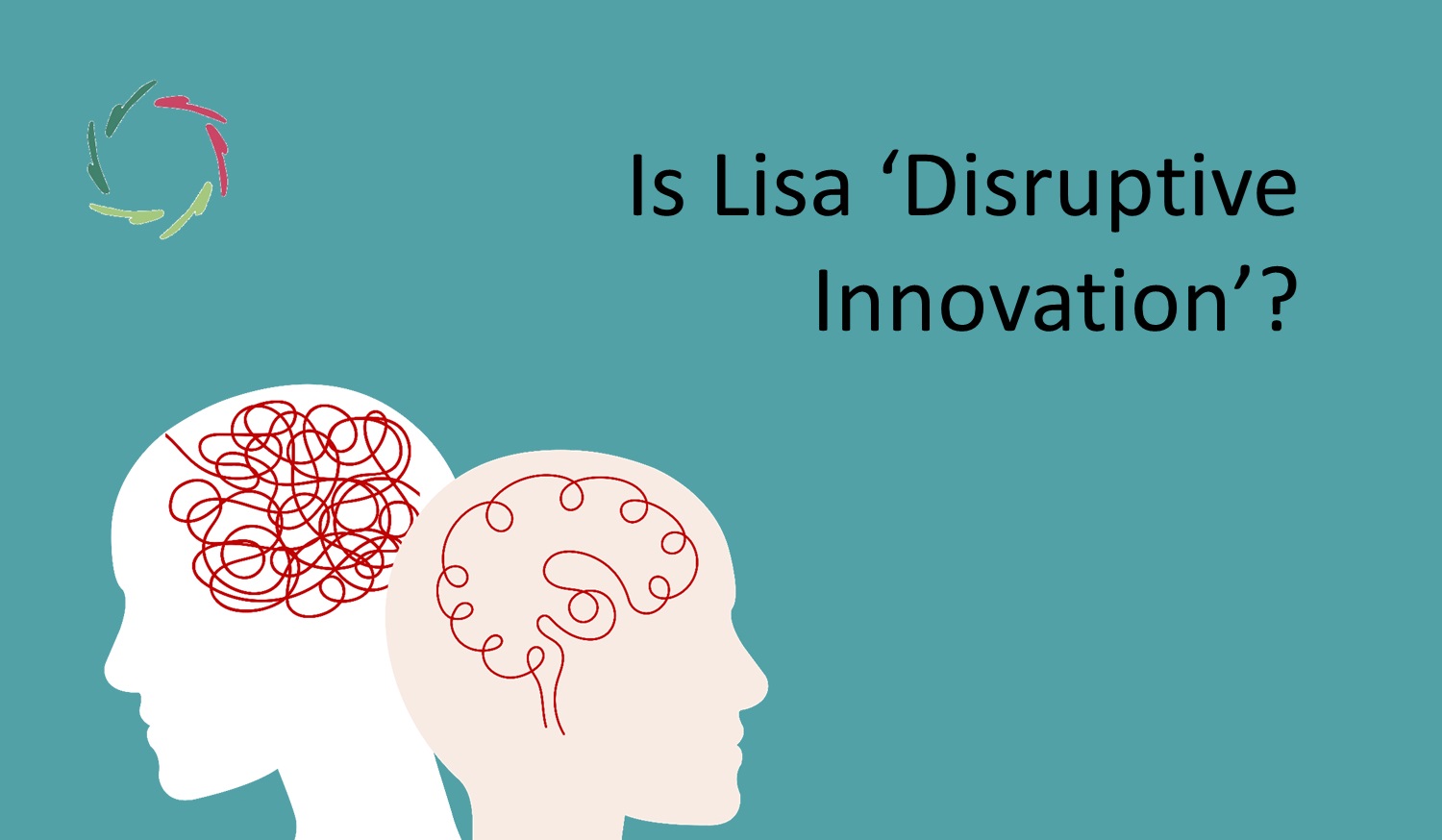Twelve Principles for Coaching Chronic Pain

These principles guide Lisa’s approach to coaching, ensuring that each session is tailored to the individual’s unique needs while fostering a comprehensive, Compassionate, and empowering healing process.
This is also part of a Lisa File on Chronic Pain.
- Holistic understanding
Emphasize the deep connection between mind and body, recognizing that chronic pain often involves both physical and emotional components. This principle ensures that treatment goes beyond just managing symptoms, addressing the root causes of pain as they manifest in both the mind and body, leading to a more comprehensive healing process.
- Compassionate presence
Foster a Compassionate atmosphere where the individual feels understood and supported, making room for their pain without judgment. Compassion helps to create a safe space where the person can express their pain freely, knowing that they will be met with empathy and understanding, which is essential for emotional healing.
- Empowerment through self-awareness
Encourage individuals to develop self-awareness, helping them understand their pain triggers and patterns through mindfulness and introspection. By becoming more aware of how their thoughts and emotions affect their pain, individuals can take proactive steps to manage their responses, leading to more effective pain management.
- Promoting Inner Strength
Guide individuals in discovering and harnessing their inner strength, which can be a powerful tool in managing and reducing pain. This principle focuses on helping people recognize their resilience and capacity to cope with pain, empowering them to face their challenges with confidence and determination.
- Mindfulness practice
Teach mindfulness techniques that help the person stay present and manage pain by observing it without becoming overwhelmed. Mindfulness allows individuals to break the cycle of pain and stress by bringing attention to the present moment, reducing the intensity of pain and its emotional impact.
- Autosuggestion techniques
Use autosuggestion to help individuals influence their perception of pain, reinforcing positive mental and emotional states. By practicing autosuggestion, individuals learn to communicate with their subconscious mind, promoting healing and reducing pain through positive mental conditioning.
- Non-resistance
Encourage acceptance of pain rather than resistance, promoting a mindset that allows pain to be acknowledged without becoming the focus of one’s life. Acceptance does not mean giving up; instead, it involves acknowledging pain as a part of life while still pursuing growth and well-being, leading to a more balanced and less stressful experience.
- Patient empowerment
Empower individuals to take control of their healing journey, fostering independence in their approach to pain management. This principle emphasizes that the individual has the ability to influence their healing process, encouraging them to take an active role in finding what works best for them.
- Open communication
Promote honest and open communication about pain and its effects, both within the coaching sessions and in the individual’s broader relationships. Open communication ensures that pain is not hidden or ignored, allowing for better support from others and a more accurate understanding of the individual’s needs.
- Flexibility and adaptability
Support the development of a flexible mindset, where the person can adapt their pain management strategies as needed based on their experiences. Flexibility allows individuals to adjust their approach as their situation changes, helping them to find new and effective ways to manage their pain.
- Resilience building
Focus on building emotional and psychological resilience, enabling individuals to maintain a positive outlook despite the challenges of chronic pain. Resilience helps individuals bounce back from difficult times, maintaining their mental and emotional health even when pain is at its worst.
- Continuous growth
Encourage ongoing personal growth and self-improvement, seeing chronic pain as an opportunity for deeper self-understanding and transformation. This principle promotes the idea that even in the face of chronic pain, there is always room for growth, learning, and improvement, leading to a more fulfilling life.


